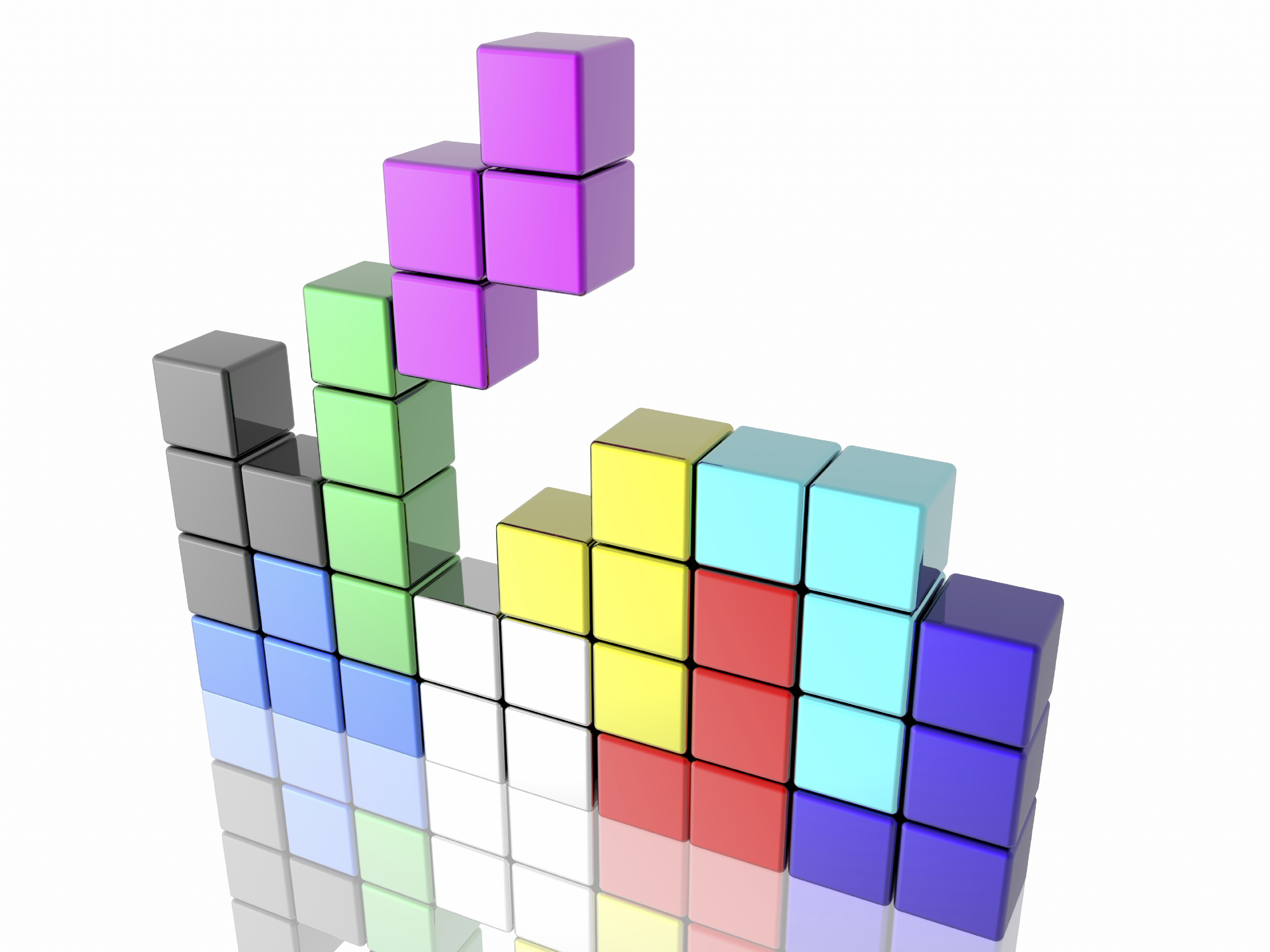I was recently introduced to the videogame, The Witness, and was instantly hooked. The game involves labyrinthian puzzles with increasing levels of difficulty and complexity of rules to follow. Like many popular puzzles (Sudoku, Rubik’s Cube, jigsaws etc.), the concept is easy to understand, yet can become infuriating to master.
I don’t typically have an addictive personality, except for when it comes to one thing: solving puzzles. When I am trying to find the solution to a tricky puzzle, I can rarely put it down or think about much else until I’ve solved it. This was certainly the case with The Witness and I once again became addicted to the sensation of achievement in completing each one of its numerous puzzles. After one embarrassingly late evening of playing this game, I went to bed and found that my brain wanted to continue solving the puzzles while I slept. My dreams were a constant conjuration of mazes in my head that I had to find a path through. What I was experiencing is commonly call the Tetris effect.

At night, geometric shapes fell in the darkness as I lay on loaned tatami floor space. Days, I sat on a lavender suede sofa and played Tetris furiously. During rare jaunts from the house, I visually fit cars and trees and people together. Dubiously hunting a job and a house, I was still there two months later, still jobless, still playing.
(Goldsmith, 1994)
Although I’ve personally never particularly delved into Tetris I’ve certainly experienced similar symptoms with other games and puzzles. One of my earliest puzzle obsessions was Sudoku. When the puzzle first came to popularity in 2004, I was 8 years old and noticed my grandmother playing the game and I took an immediate interest. I asked her to teach me the concept and let me complete one. The satisfaction of solving one excited me and I immediately wanted to solve more so that Christmas I received a book full of Sudoku. I developed tactics and soon my head was full of floating integers needing to be correctly placed on 9×9 grids. I went through similar obsessions with Rubik’s Cube, jigsaws, and crosswords and any puzzle game I took an interest in.

Sharing these experiences of puzzle obsession on stage would certainly be challenging as it is such an abstract concept, yet if successful would be visually interesting and possibly spark thoughts about human thirst for knowledge and constant search for answers.
One initial idea for my performance influenced directly by the Tetris effect, is the use of the games main theme. Personally, I find this piece of music simplistic and catchy, much like the puzzle it has famously accompanied. This perfectly reflects the concept of something getting stuck in your head. I am considering playing different versions of this song throughout my entire performance as it has been adapted into a large variety of styles. I have created a playlist of covers of the song that I have been drawn to, including a large classical arrangement, dubstep, acoustic, and country. Importantly, I’ve included the original Russian folk song Korobeiniki which lended its tune to the Tetris theme.
References
Goldsmith, J. (1994), ‘This is Your Brain on Tetris‘, Wired, 2 May, accessed 26 February 2017.